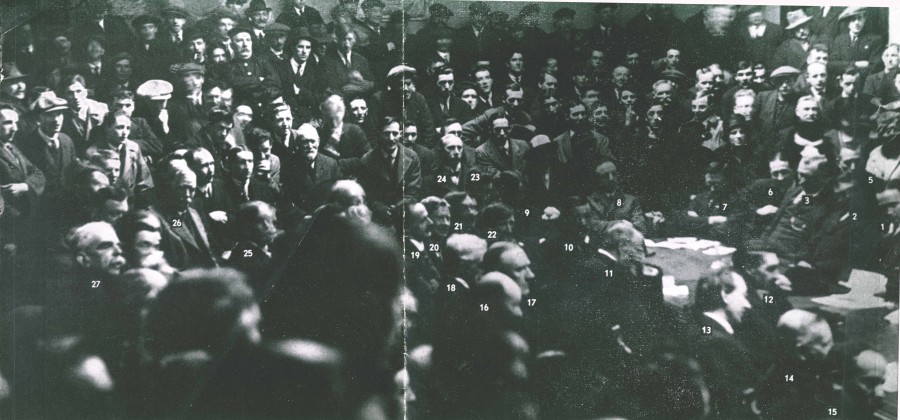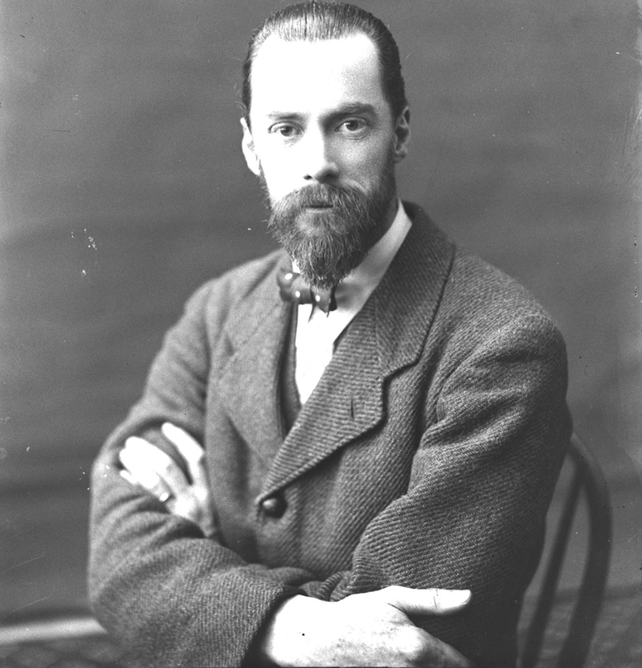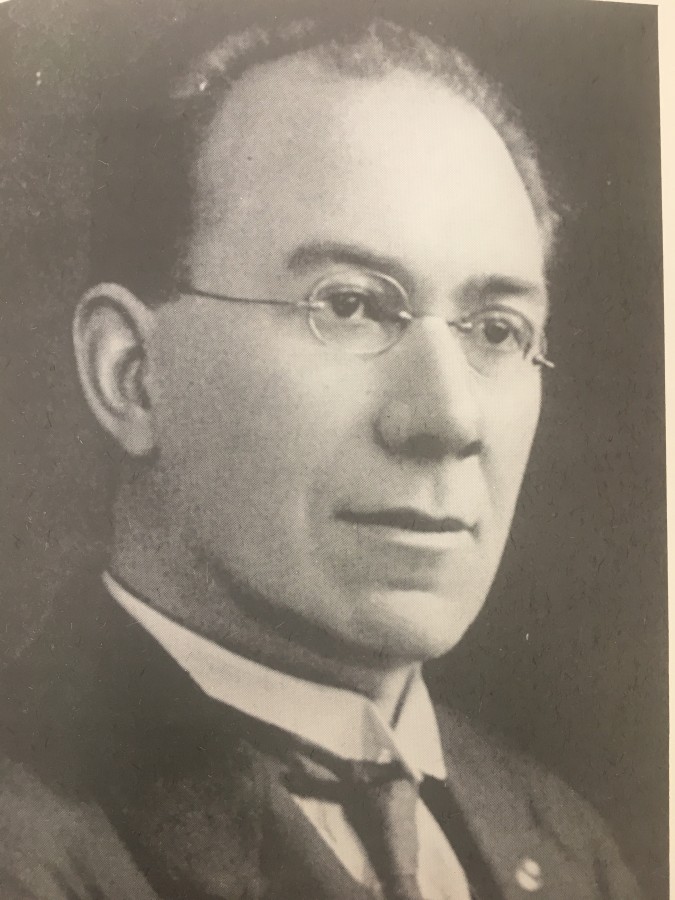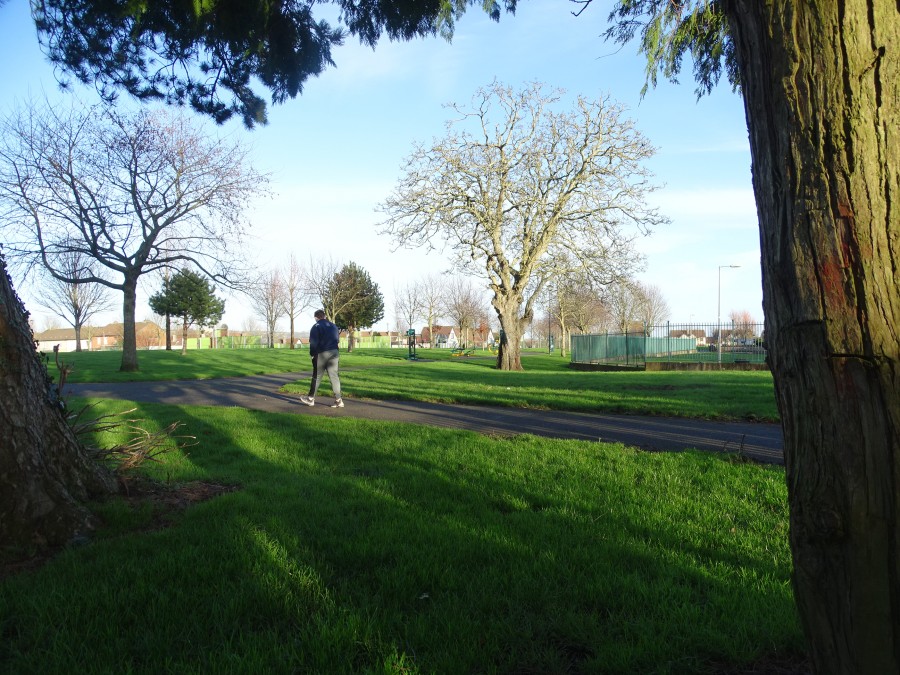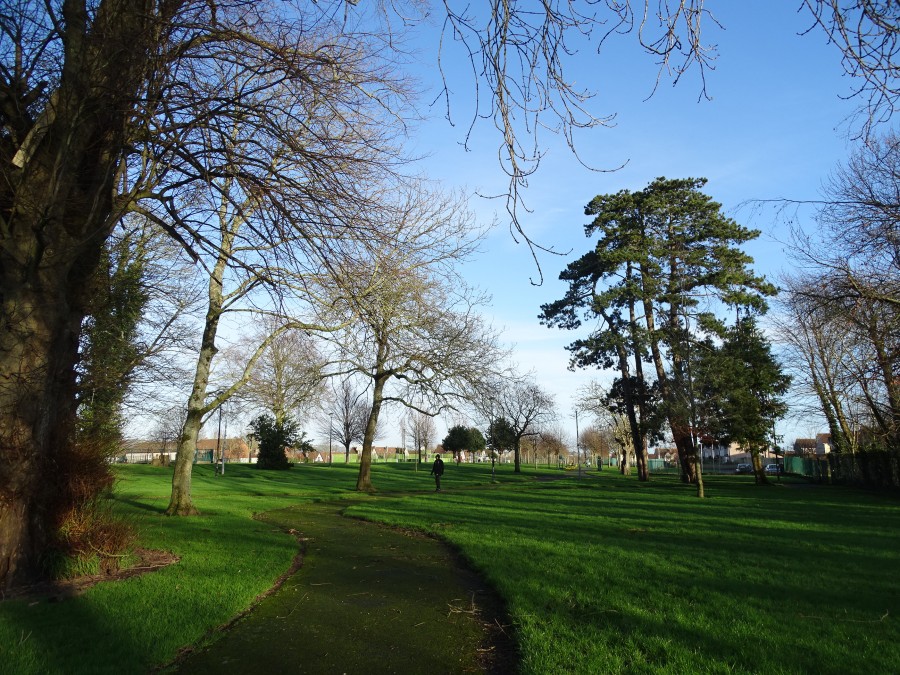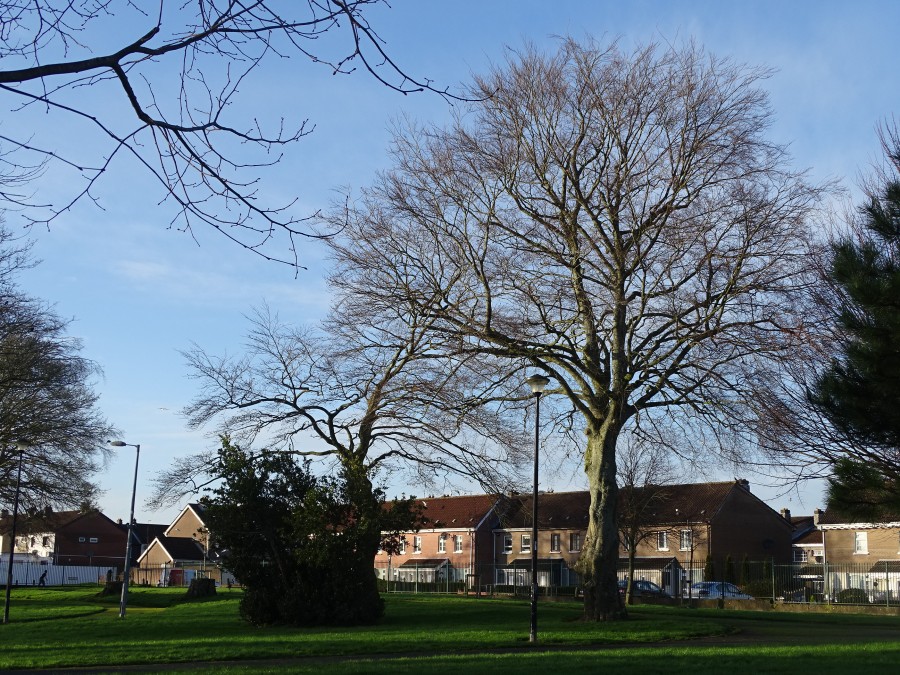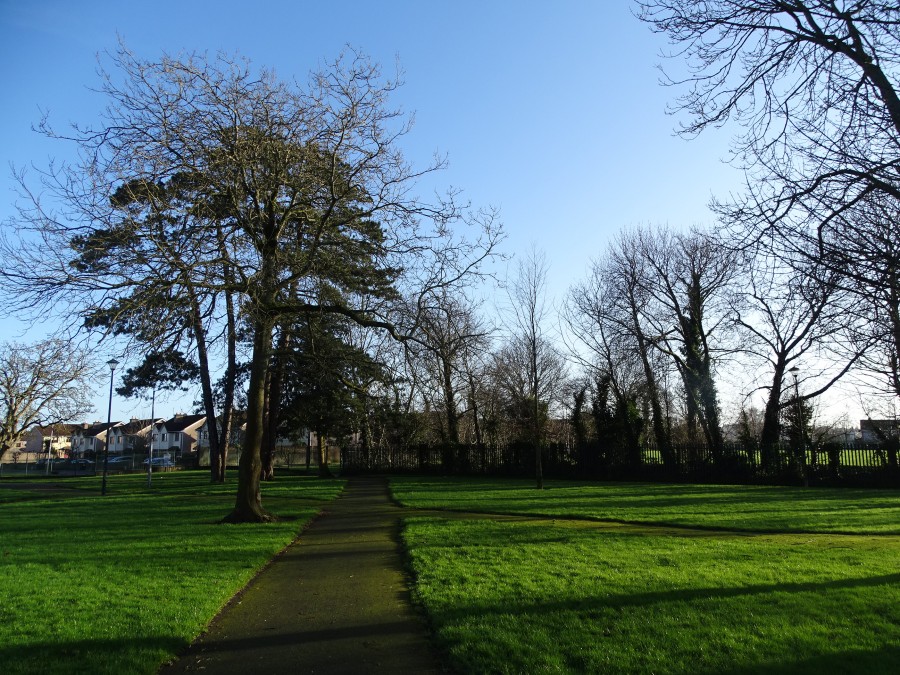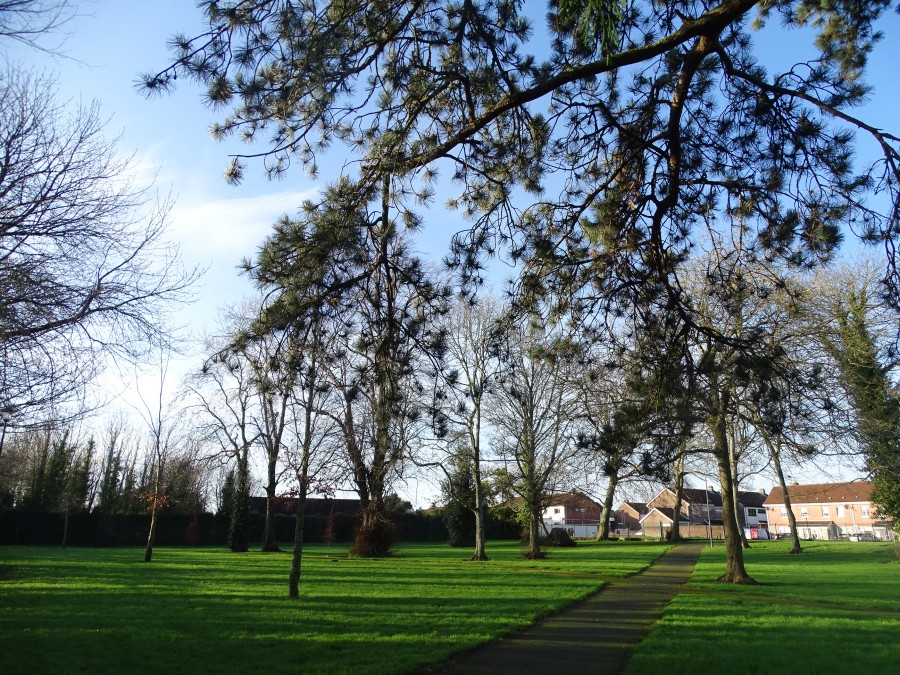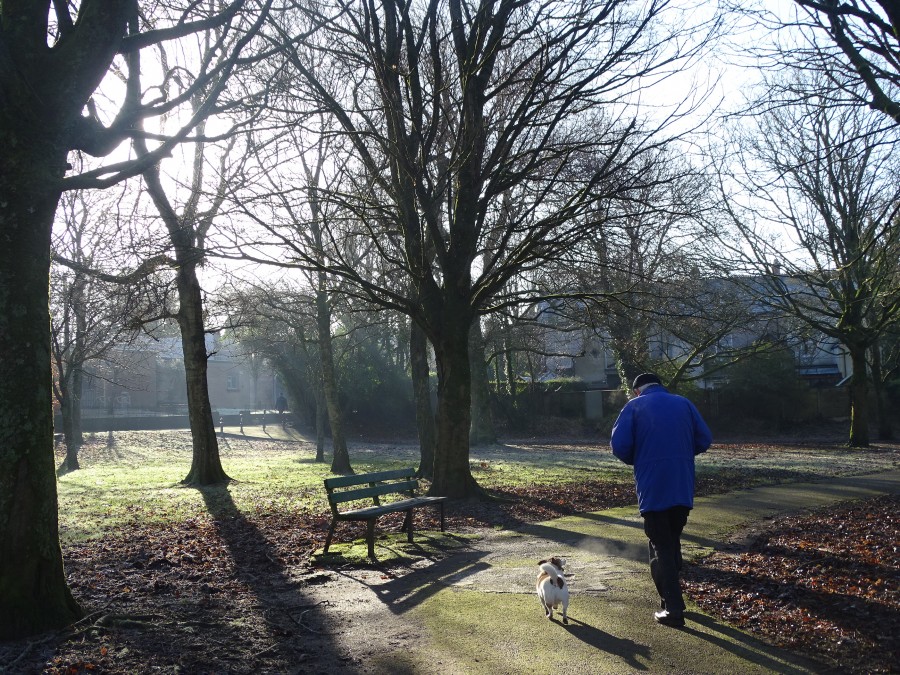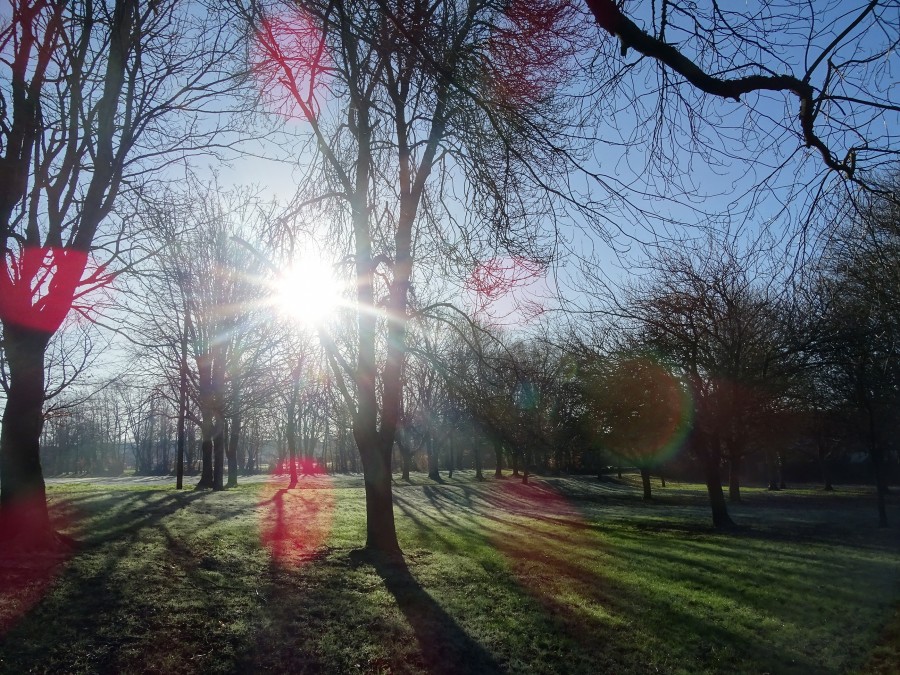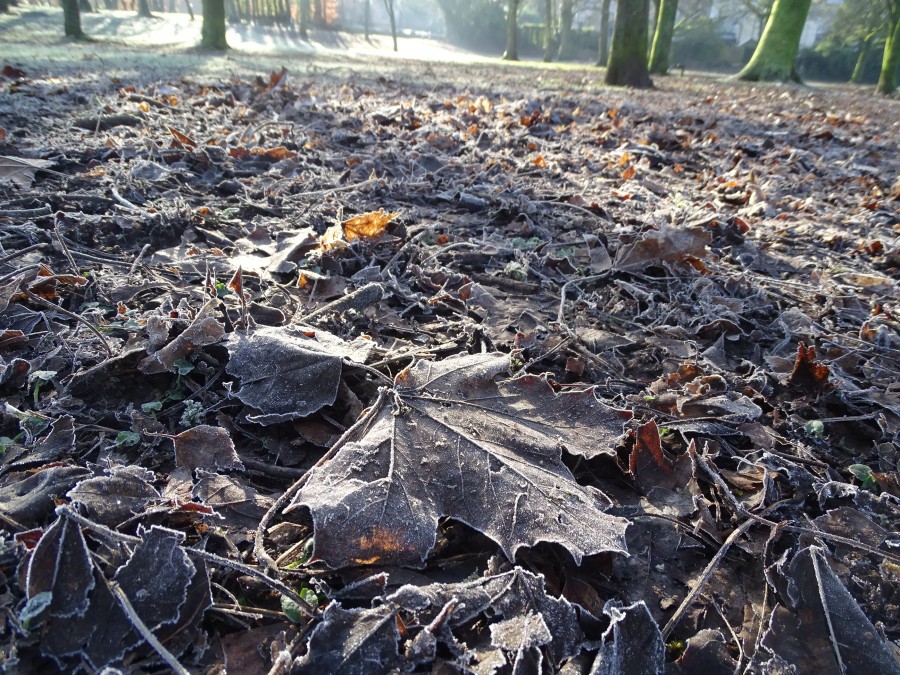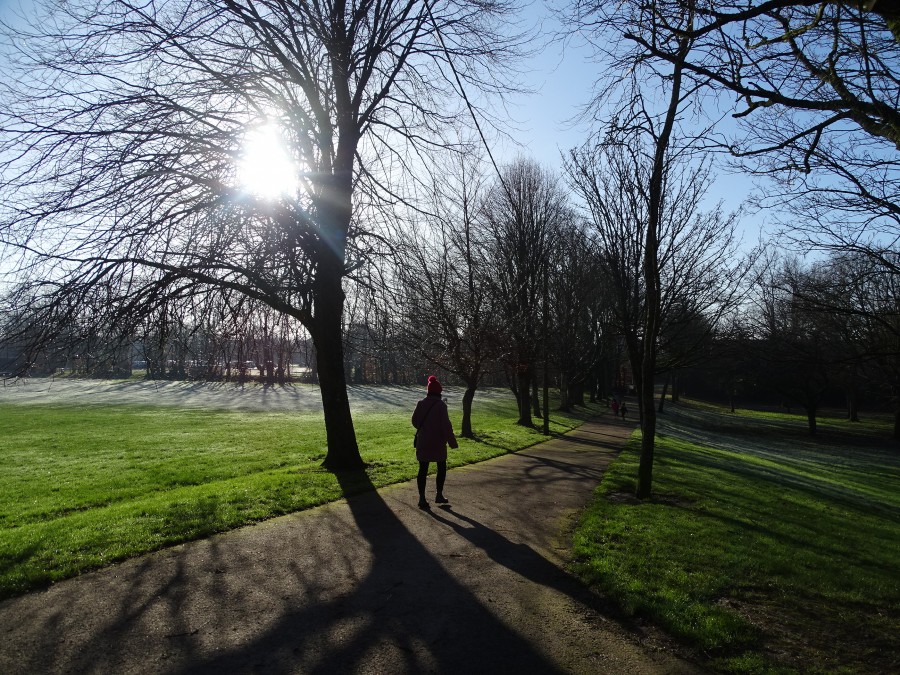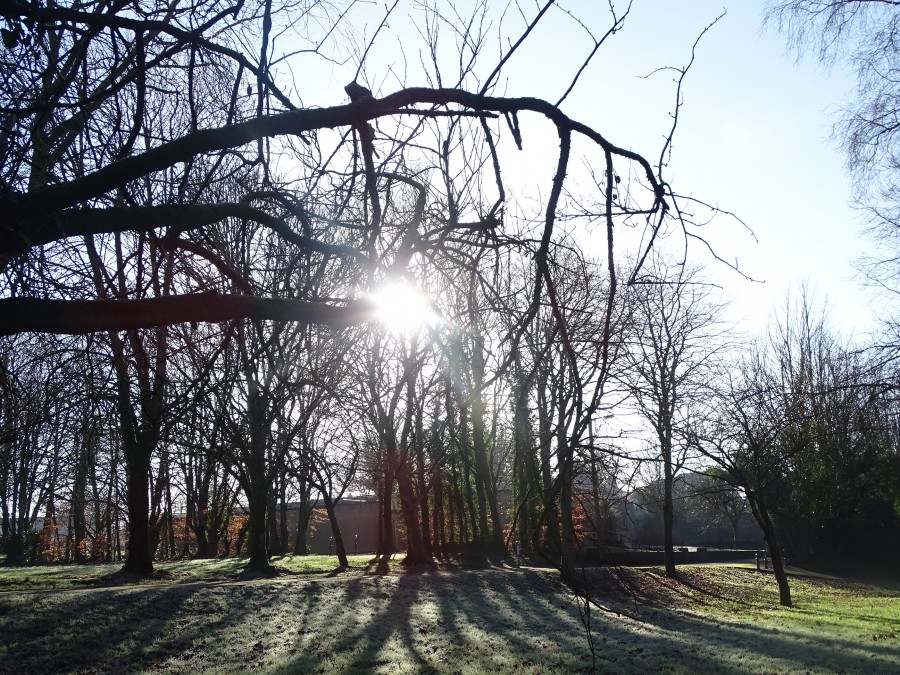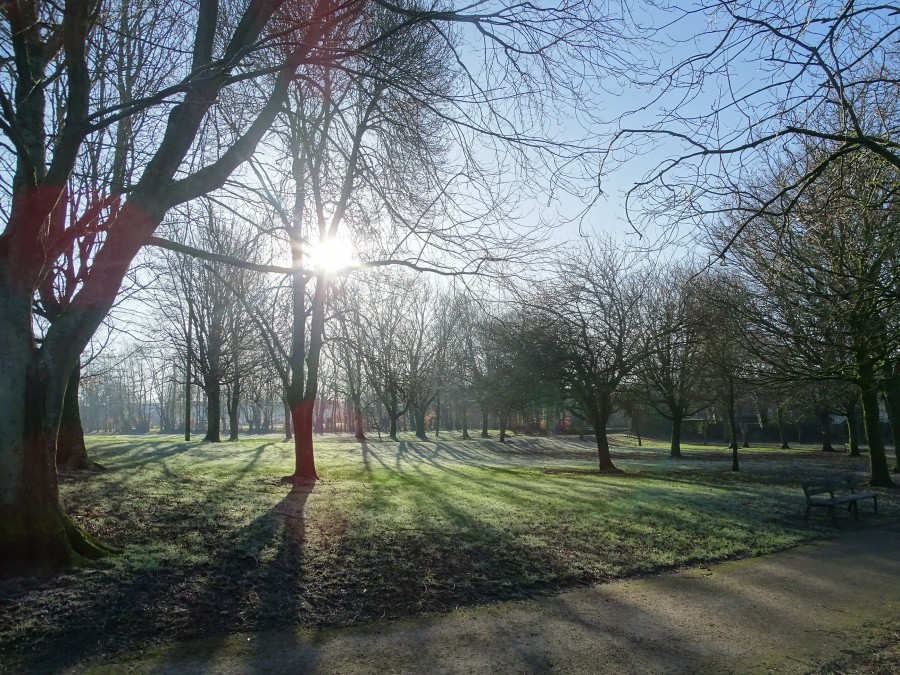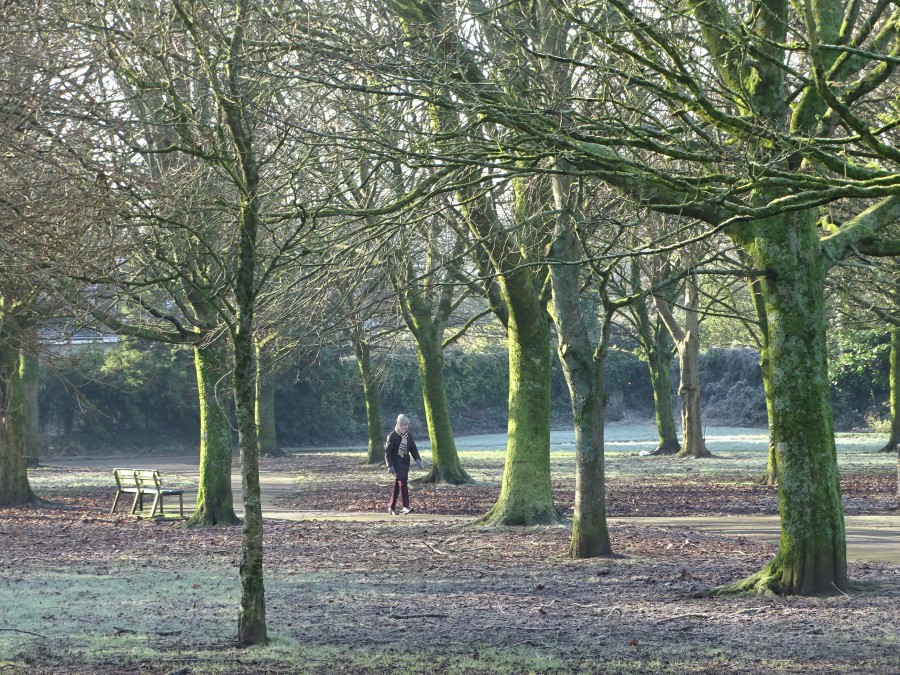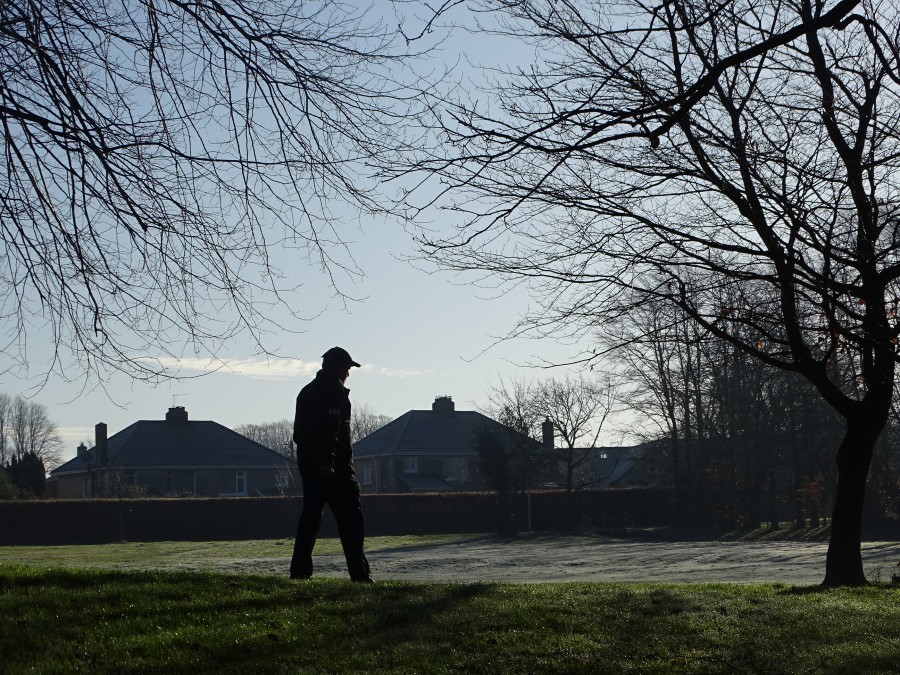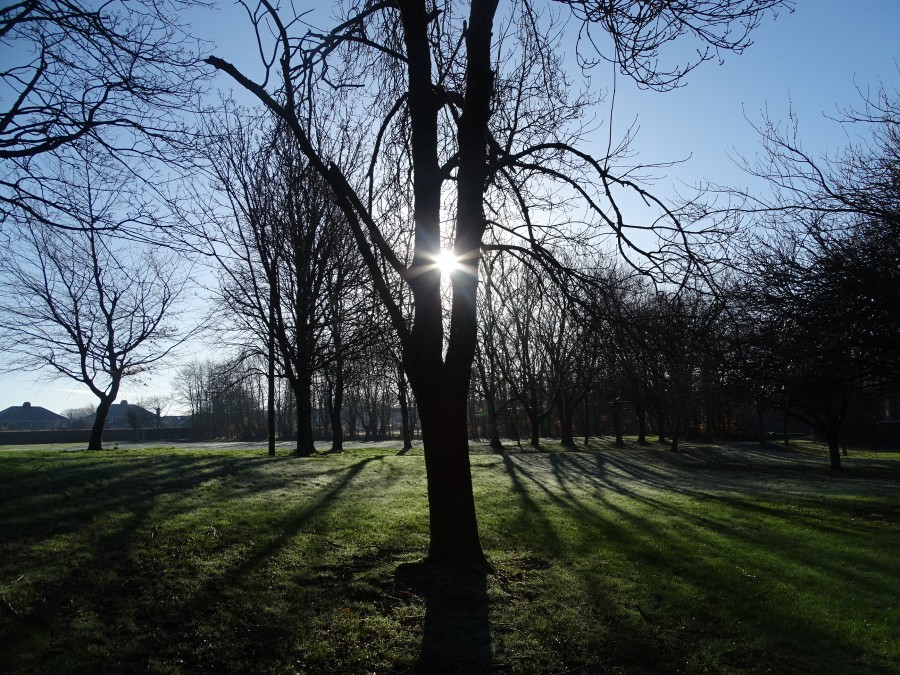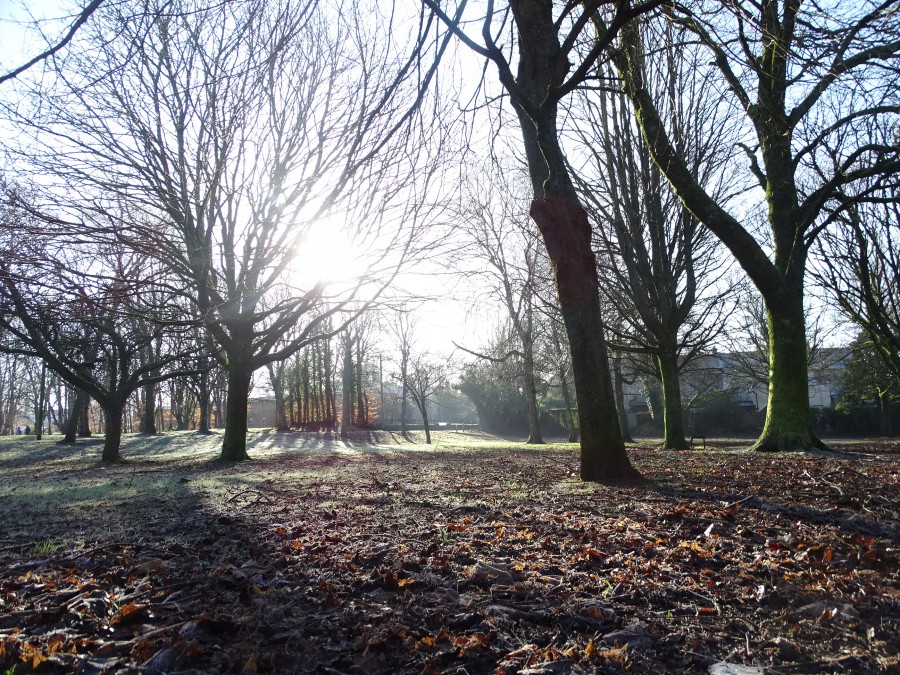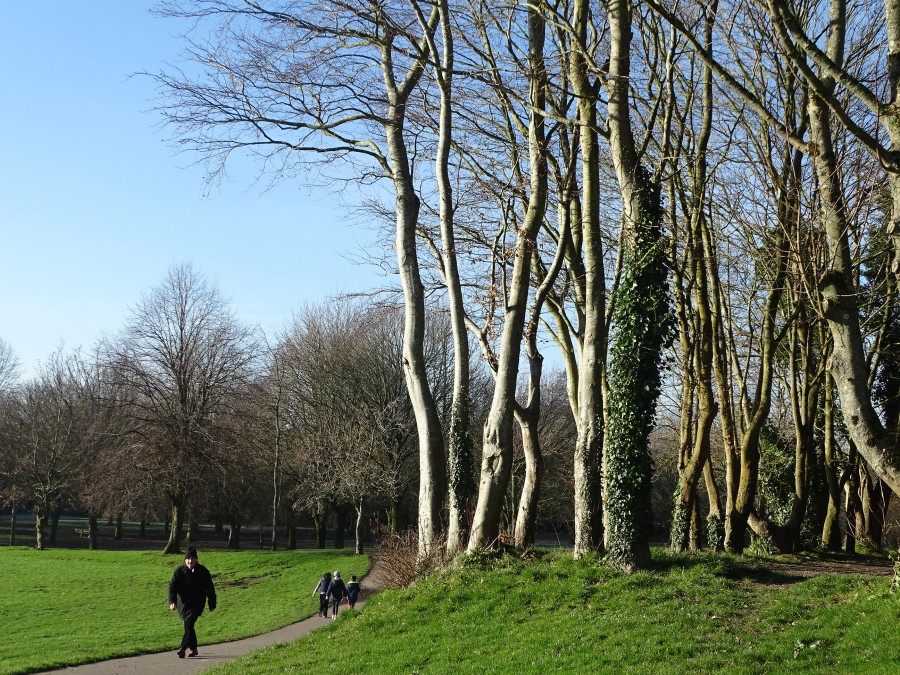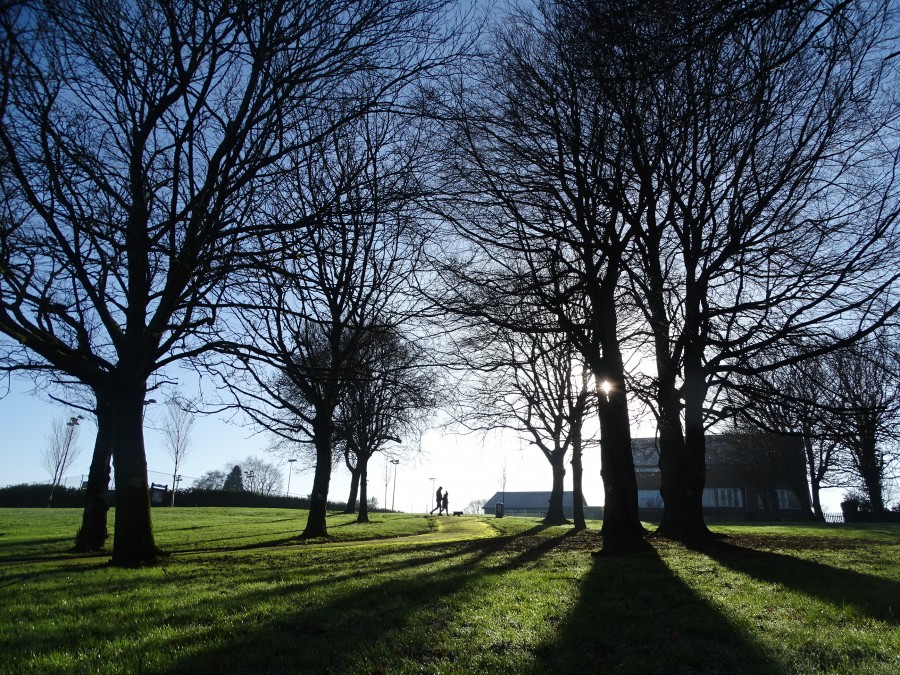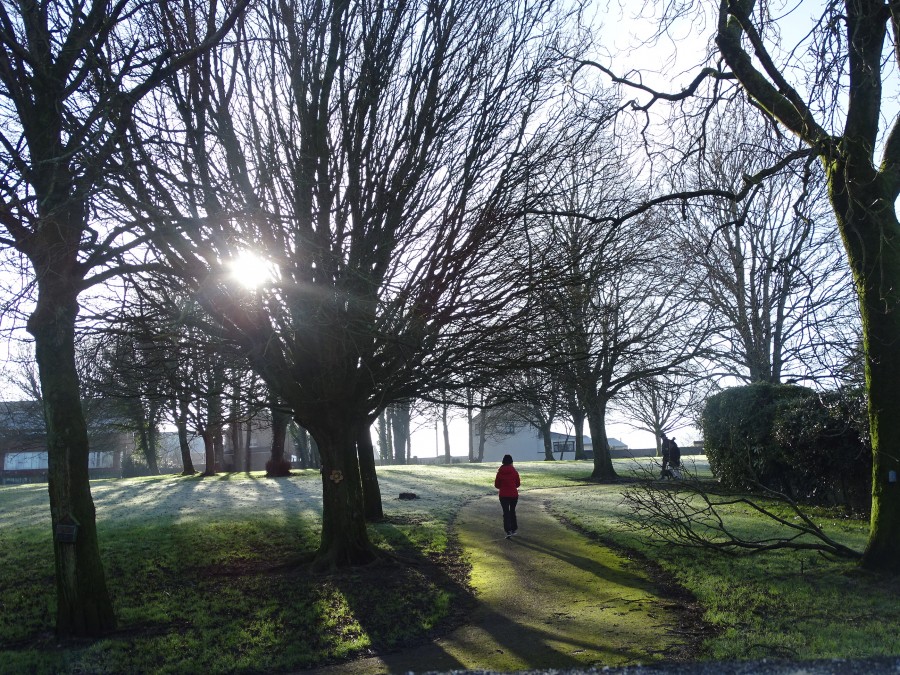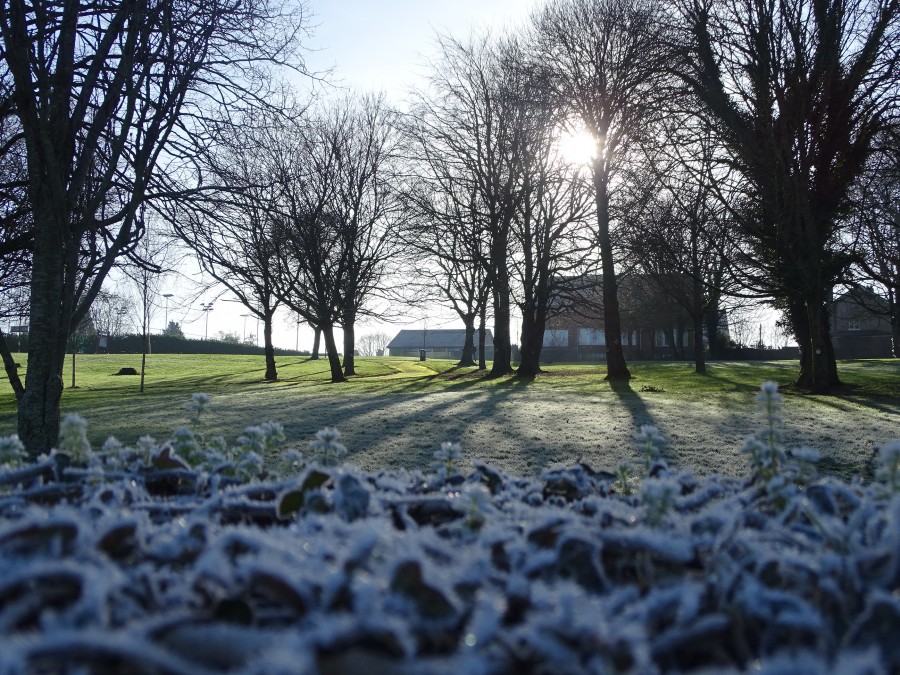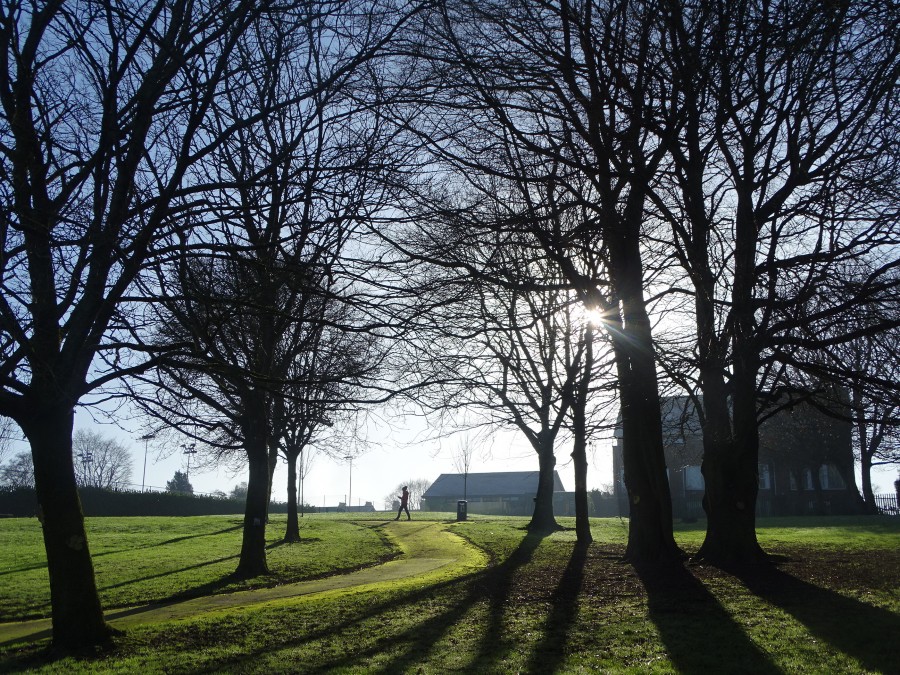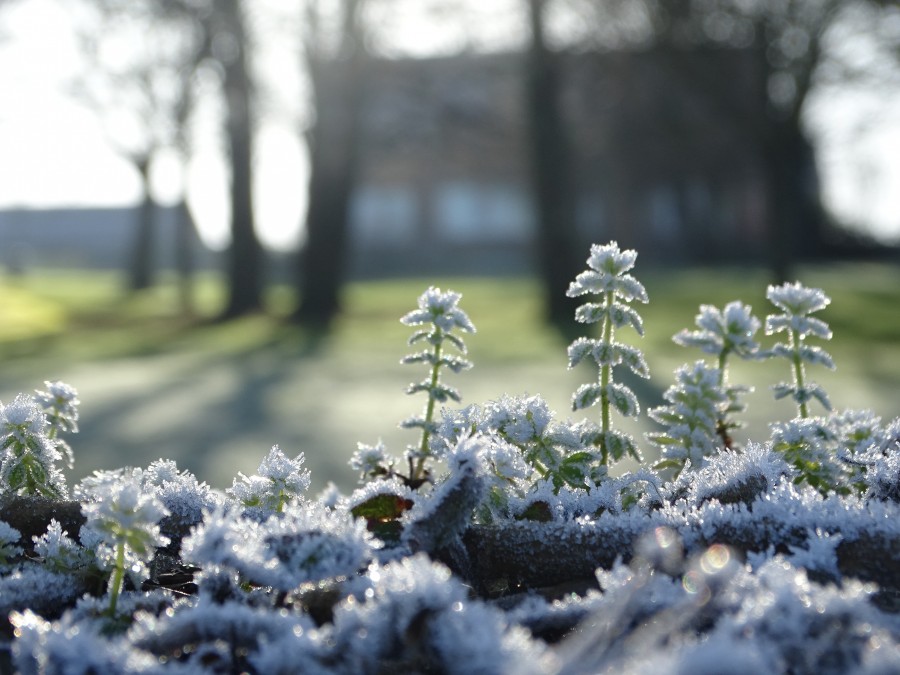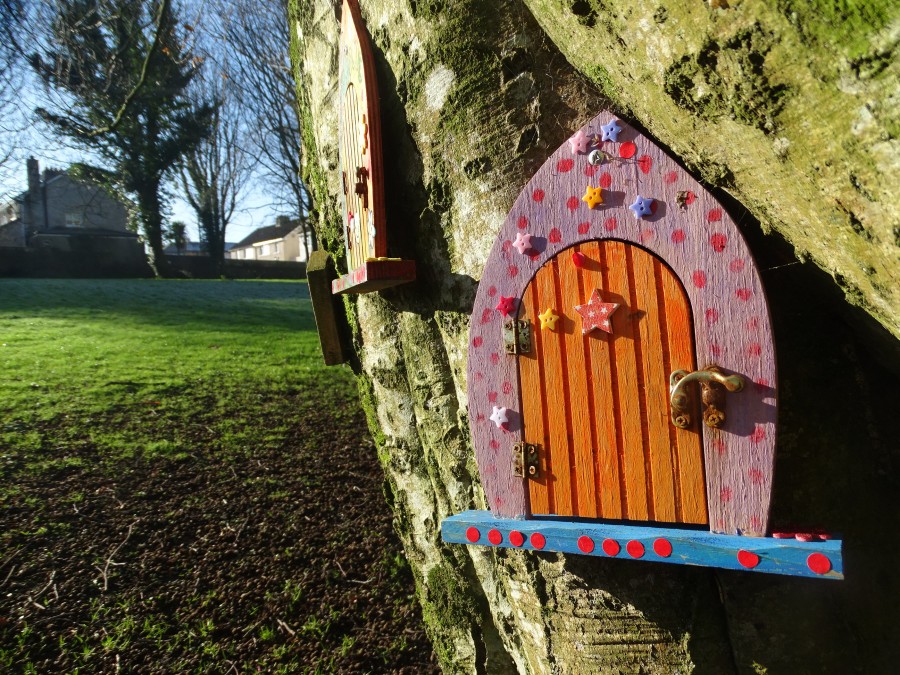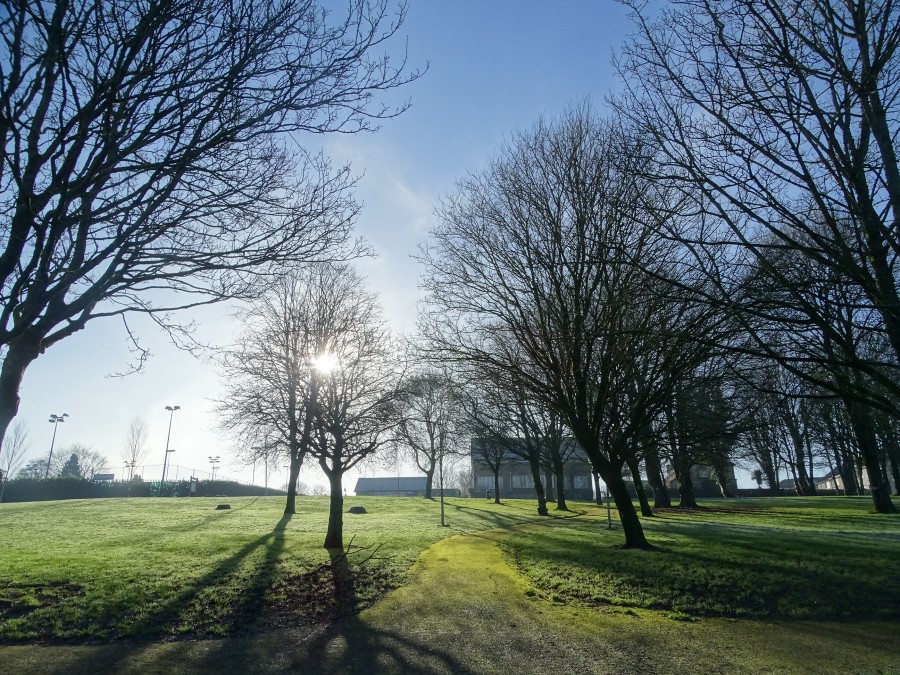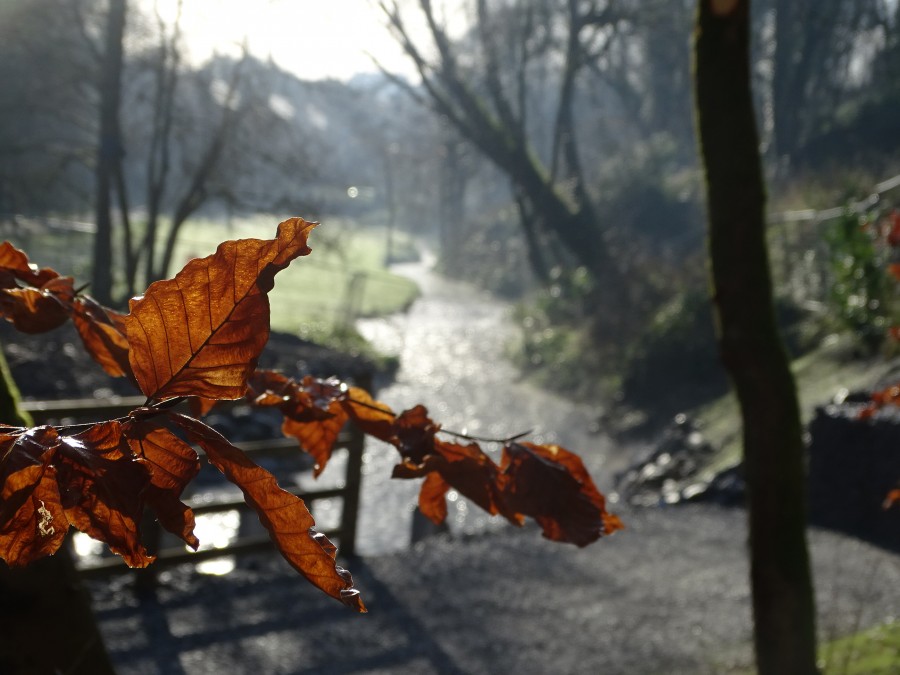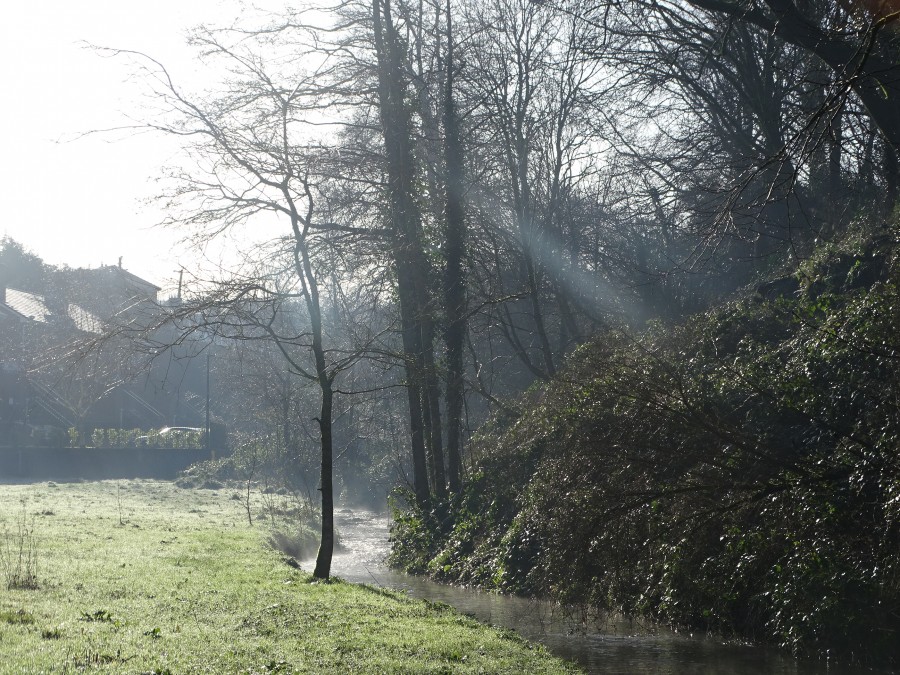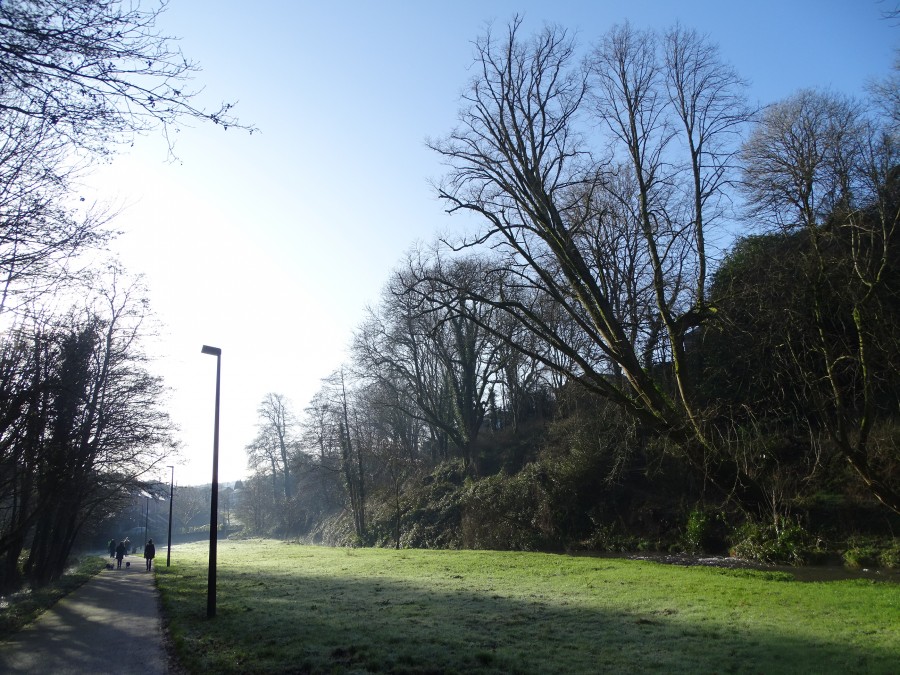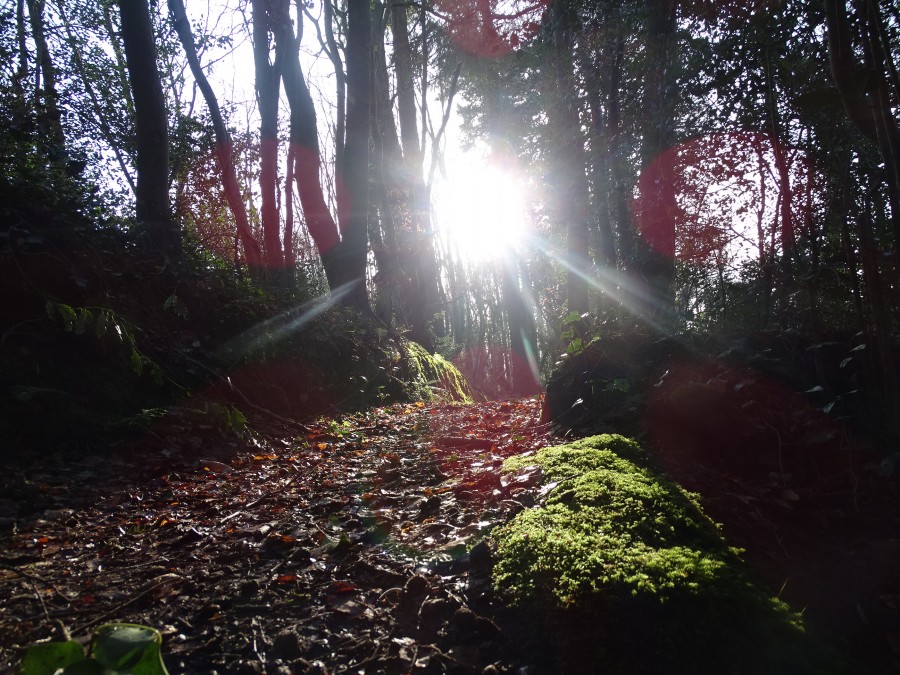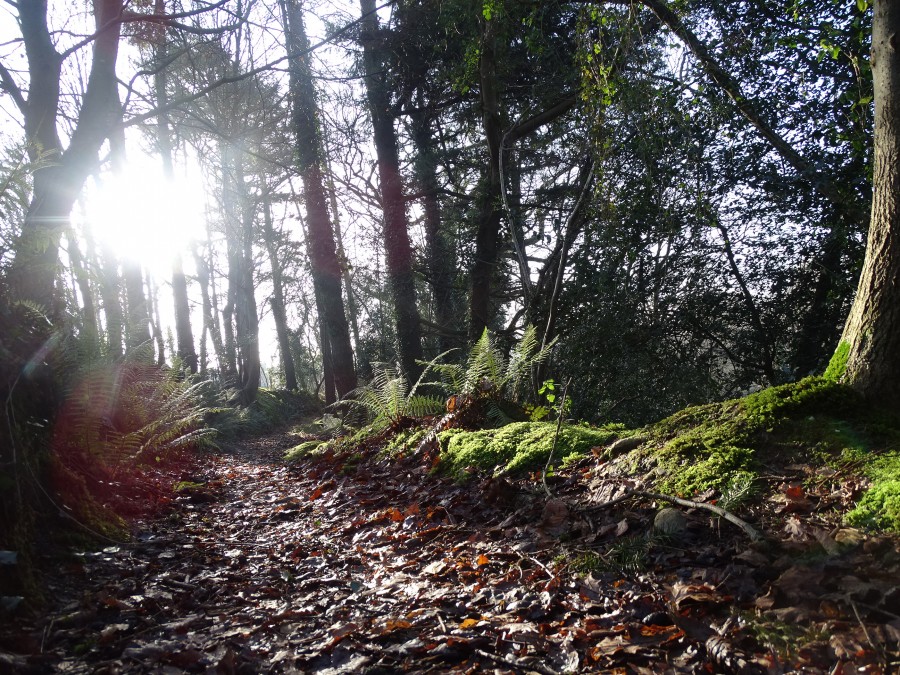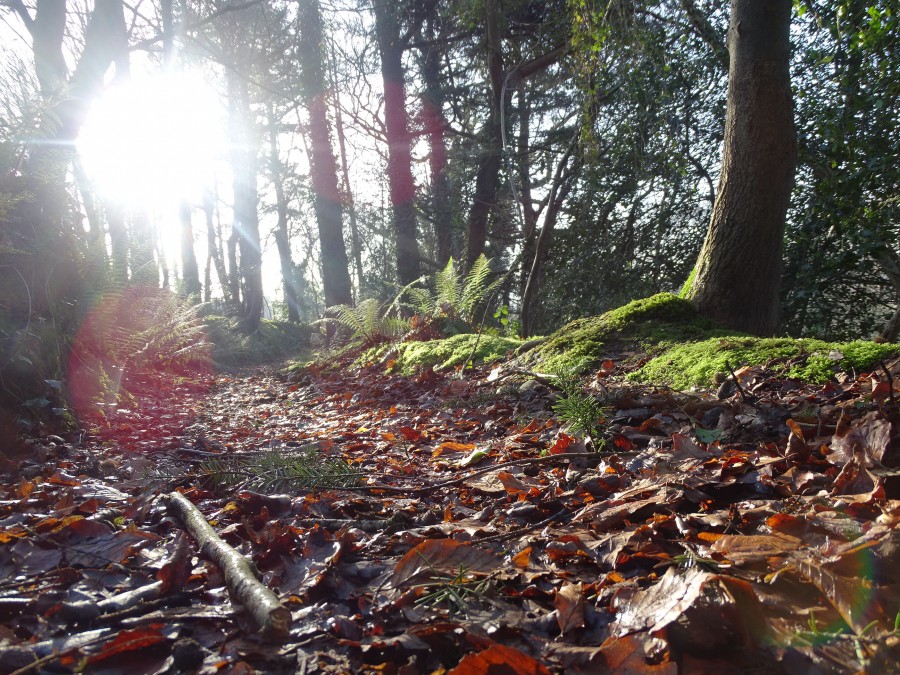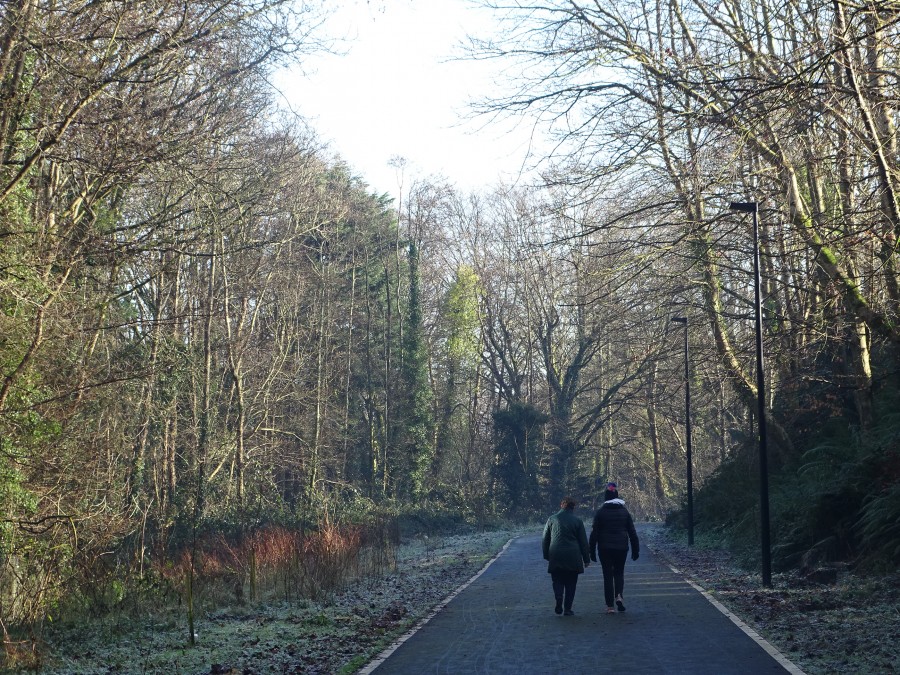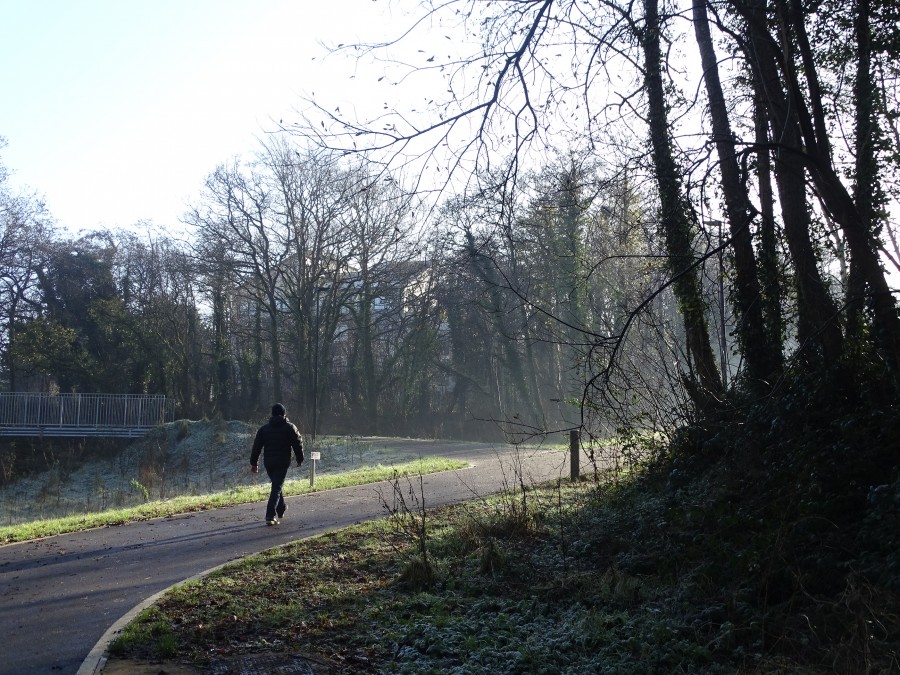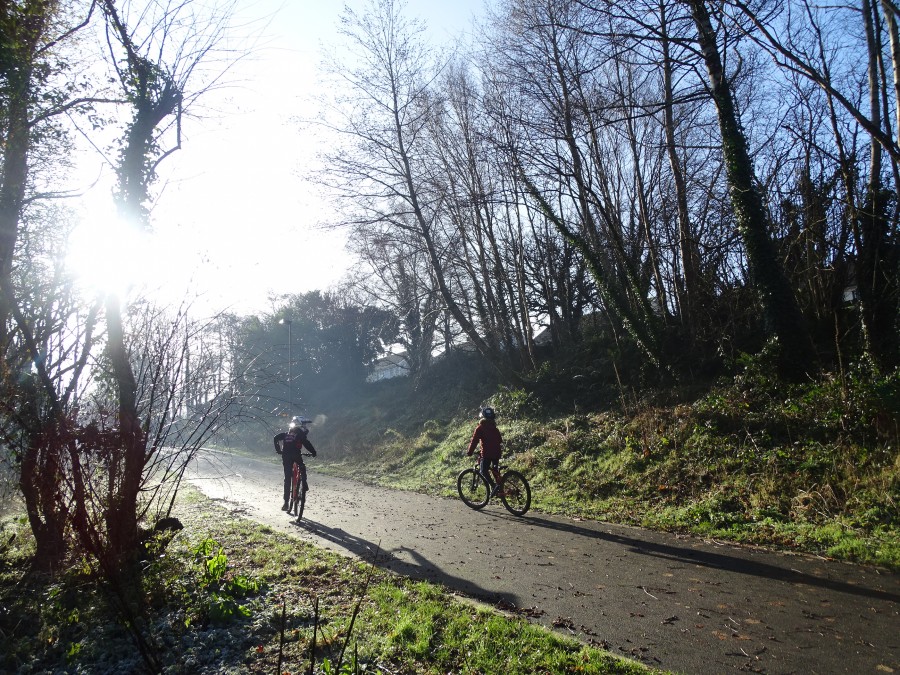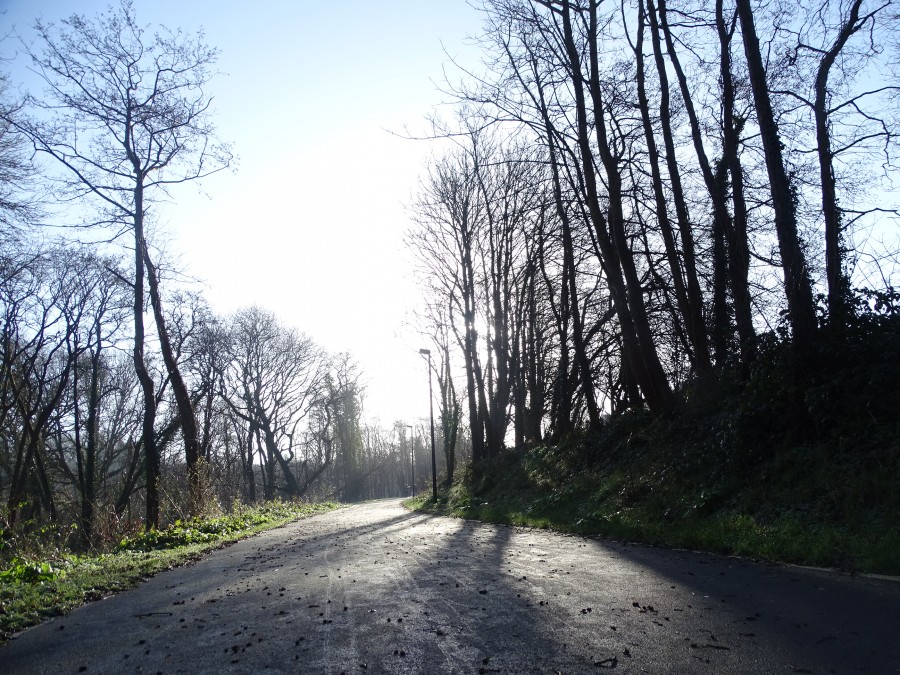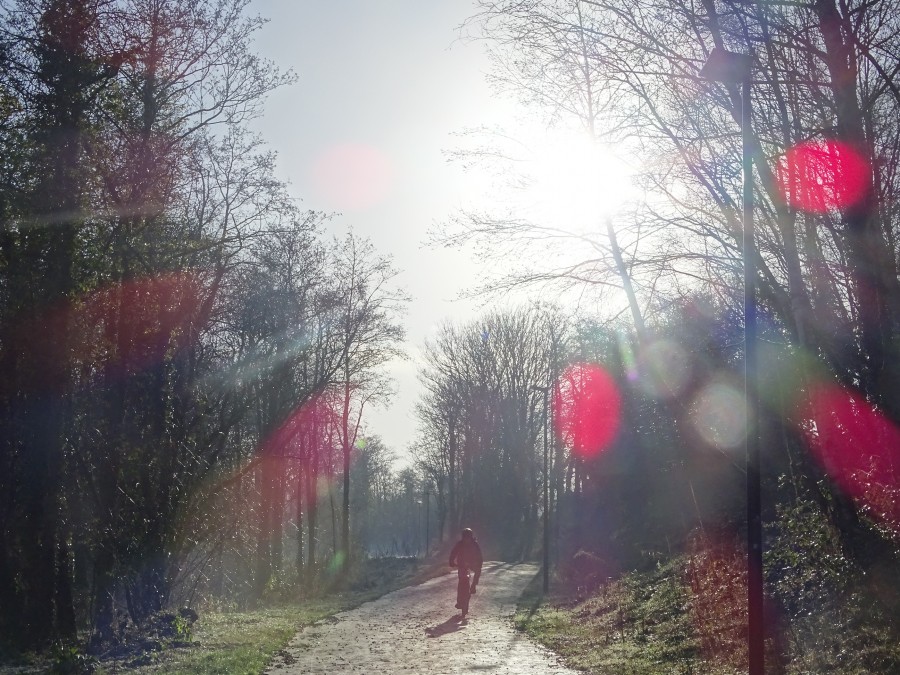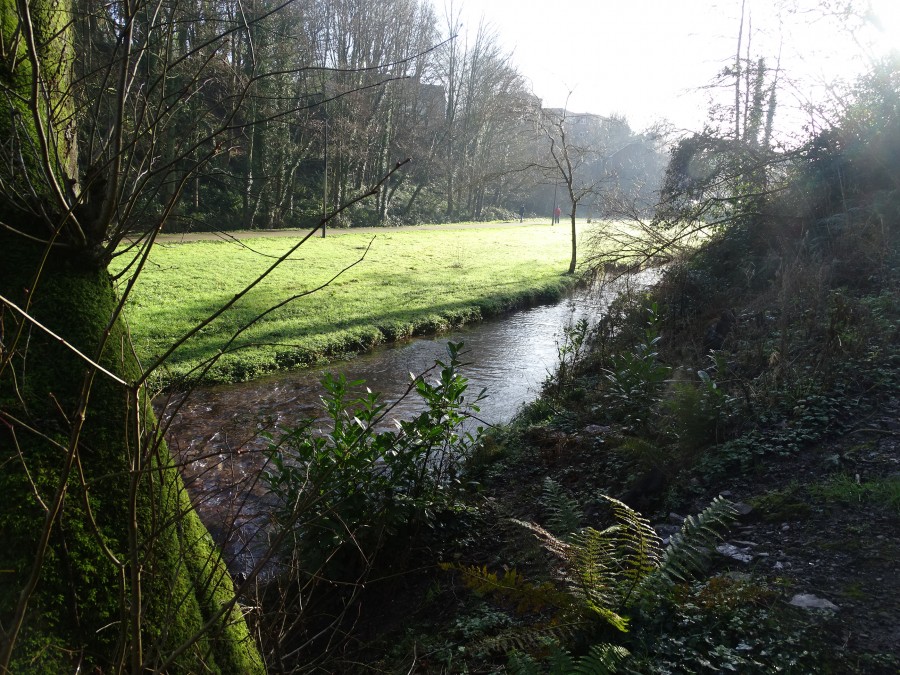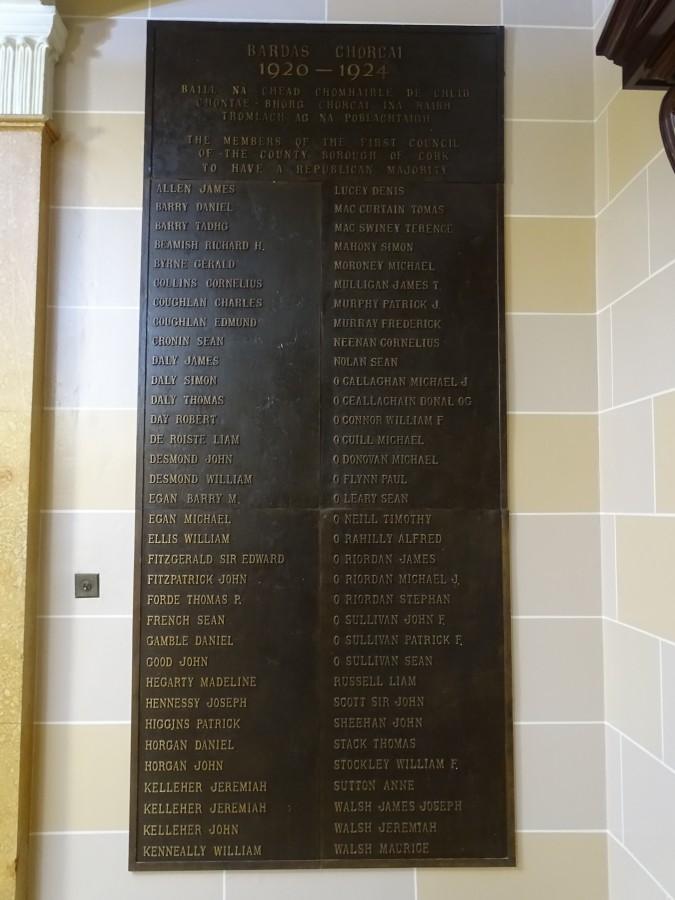Category Archives: Uncategorized
Kieran’s Our City, Our Town, 30 January 2020
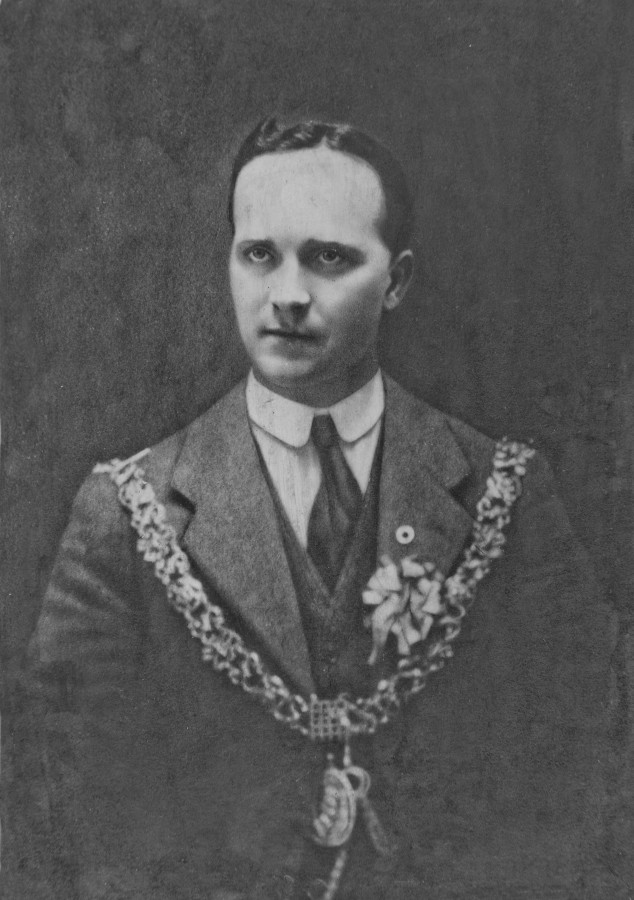
Kieran’s Our City, Our Town Article, 30 January 2020
Remembering 1920: Arise Lord Mayor Alderman Tomás MacCurtain
On 30 January 1920, one hundred years ago, the scene was set for Alderman Tomás MacCurtain to be declared elected as Lord Mayor in the Council Chamber of the old Cork City Hall. As Tomás rose from his seat in the Chamber to go to the Lord Mayor’s chair, much of the general public present cheered him. The men waved their hats and caps and the women their handkerchiefs. “The Soldier’s Song” was called for, and others shouted; “Up Blackpool” and as the newly-elected Lord Mayor signed the declaration accepting the office, The Soldier’s Song was sung.
The Cork Examiner outlines that Alderman MacCurtain signed the roll of office and on receiving the chain of office, the outgoing Lord Mayor, William F O’Connor addressed him, saying; “I congratulate you, and your party, on your election to this high office. I wish you a happy and prosperous year of office, and I trust that under your chairmanship, as first citizen, of Cork that the members of the Corporation shall strive unitedly in using their best efforts to advance our city’s interests and prosperity”.
Addressing the members, Tomás said his first duty was to thank Councillor O’Connor for his kind remarks on the taking the chair. He also thanked the members of the Corporation for having unanimously elected him to the position. He also wished to avail of the opportunity to thank the people of his ward who elected him alderman with a huge vote on the day of the election.
Tomás felt that in accepting the position of Lord Mayor he had a double duty to perform. Elected as he had been, as a Republican, he deemed his first duty would be to serve the principles of the Irish Republic. His next duty would be, as far as it were in his power, “to assist every party and every man and every citizen who had the interest of the country at heart in furthering the country’s interests, including local enterprises and especially the larger issue of the freedom of their country”. In carrying out his duties he denoted that every member, no matter to what party he or she belonged, would get every opportunity of putting forward any idea that he or she had in connection with the welfare of their city and their country.
Tomás continued in his speech that there were certain things in connection with the administration of the Corporation in the past that should be forgotten about and other aspects that should be emulated going forward. He expected from the members of the new Corporation a “sacrifice of time and a sacrifice, perhaps, of personal interest”. He expected from every member, no matter to what party they belonged to, that no self-interest would be put before the interest of the community at large.
Tomás recognised that his Sinn Féin party were very pleased at the result of the municipal elections. They were also pleased that certain minorities were represented in the Council, because they recognised that in every staple community they had minorities that were entitled to representation in the government of the affairs of the country. Their motto in the future would, in the first instance, be self-reliance and, in their normal business of the Corporation, efficiency and economy. He also referenced the importance of the Irish language: “The opening of their proceedings had been very auspicious for one thing that was very dear to his heart, as it was also dear to the heart of the Irish people and that was the Irish language”. He was delighted to hear it introduced into their proceedings. He hoped they would preserve that bi-lingual attitude in the Corporation proceedings until they had a Corporation in the future in which the business would only be completely conducted in the language of their country.
The minutes of the meeting, which survive in Cork City and County Archives, describe that the next business was to fix the Lord Mayor’s salary, which was set at £500 for the year. It was also decided to hold the quarterly meetings of the Council on the second Friday of April, July and October 1920 at 7pm.
The next business was to select three gentlemen qualified to fill the office of High Sheriff, so as to enable the Lord Lieutenant, to select out of the list the new High Sheriff. Sinn Féin Alderman Tadgh Barry said that that was a matter that deserved the very careful consideration of the Corporation. Sinn Féin had had a divided mind on the matter. He articulated that he had read the oath and stated – “it was an oath that no self-respecting Irishman could take”. They were not going to ask any Irishman to take it. It was a position created by what he described as “an alien Government in the country”; Tadgh continued “While in the past some people had been proud to take such a job, they would have nothing to do with such people in the future”. He moved and was successful that they do not fill the office, and that they leave it to Lord French to consider his own candidate.
Alderman Liam de Róiste then proposed a resolution that the Council pledge their allegiance to Dáil Éireann. Councillor Terence MacSwiney seconded, and it was passed by majority. He said that the authority of the Council must be definitely subject to some allegiance and they had next to consider what was the properly constituted authority in this country. Election of members to various committees was held at the subsequent Council meeting.
Captions:
1033a. Lord Mayor Alderman Tomás MacCurtain on his mayoral election night, 30 January 1920 (source: Cork City Museum).
1033b. Members of Cork Corporation in the old Council Chamber of the old Cork City Hall, 30 January 1920 (source: Cork City Museum).
Kieran’s Our City, Our Town, 23 January 2020
Kieran’s Our City, Our Town Article,
Cork Independent, 23 January 2020
Remembering 1920: A Dáil Enquiry Comes to Cork
One hundred years ago this week a research inquiry set up by Dáil Éireann – six months previously – arrived to the steps of Cork City Hall The ensuing event coincided with another stand-off between individuals pushing for a Republic and those upholding Ireland’s place within the British Empire.
On 18 June 1919 Dáil Éireann decreed the appointment of a National Commission of Inquiry into the Resources and Industries of Ireland. Subject to its report, it was planned to establish a National Exhibition of Irish Products and Manufactures and Resources, and that an appropriate figure of £5,000 would be made available for such an event. Dublin man and Sinn Féin Honorary Secretary Darrell Figgis was appointed secretary of this national commission of inquiry. Professor Mary Daly’s work in the Atlas of the Irish Revolution outlines that to attract support across a broad political spectrum 60 experts were approached for their expertise from business, academia, county surveyors and labour leaders. Forty-nine agreed to share their perspectives. Two broad areas were focussed on – food supply and power resources. The first public meeting of the Commission in Dublin was held on 2 December 1919 without any disturbance recorded.
On 22 January 1920 the Commission met at Cork City Hall. The Cork Examiner outlines that several policemen were in possession of the front portion of the building. Hence admission at the entrance fronting Albert Quay was denied to the members of the Commission as they were part of the outlawed Dáil Éireann (since September 1919). They, however, succeeded in baffling the police and got in by the door leading from the Corn Market side. They went in there one by one between ten and eleven o’clock. It was only at 12noon that the police discovered that a sitting was being held within the building. Immediately the Head Constable and some police went to the room where the evidence was being taken and ejected the members of the Commission.
On the same day a delegation from Westminster was due to meet in City Hall to gather its data on industrial resources and opportunities in the region. The delegation, with the Lord Mayor William F O’Connor (a Nationalist member) and the High Sheriff arrived a few minutes after noon. As the Lord Mayor walked through the small crowd that had congregated on the quay towards the door of the City Hall, he was stopped by Mr Darrell Figgis, secretary of the Dáil Éireann commission. Darrell asked him if it was not a fact that he had granted them the use of the Hall for the purpose of holding an inquiry into the resources of the country. The Lord Mayor said that was so and Mr Figgis then said that the police had forcibly ejected them and asked if this was done with the Lord Mayor’s consent. The Lord Mayor said that he had given no such order, and that as far as he was concerned, he desired that they should use it. The Head Constable intervened to say that he had orders not to allow them enter.
The diaries of Liam de Róiste MP and Dil Éireann member outlines his involvement with the bringing of Mr Darrell Figgis to Cork. His diaries can be read in Cork City and County Archives. He met the group the evening before the inquiry meeting at their Cork hotel. He was present that evening when the Head Constable arrived and told the group the Commission would not be allowed to sit at City Hall the following day. It was Liam de Róiste, who had just been elected as a Councillor during the local elections, who brought the group in a side door on the Corn Market side the following day.
After the group were told to leave City Hall, Liam brought the group to the Cork School of Art. He details that the delegation was about ten in number and amongst others included high profile Sinn Féin members and regional experts – Colonel Maurice Moore (retired Connaught Rangers Regiment commander & Sinn Féin member), Professor Alfred O’Rahilly (Cork Sinn Féin councillor & UCC academic), Roger Sweetnam (Sinn Féin MP), Professor Robert Tweedy (a prominent electrical engineer, Thomas P Dowdall (Cork IDA & butter and margarine manufacturer), Andrew O’Shaughnessy (Dripsey Woollen Mills), Mr Edward Lysaght and Labour leader Tom Johnson. Professor of Agriculture at UCC Thomas Wibberley was the first witness who spoke about agriculture and milk production. He was an expert in tillage dairy farming, farm management and the production of animal foodstuffs.
After an hour of debate School of Art, a head constable and constable arrived and sat amongst the meeting for a time before they were replaced by two detectives. The commission went on undisturbed. Mr Figgis and a farmer from Cove, a Mr Bird, spoke about milk production. The meeting adjourned for lunch but on the group’s return they found the door blocked by the police. They then left intending to go the Crawford Technical School. Passing the Court House, Liam brought them into the Cork County Council offices. Some of the clerks there locked the doors and the sitting continued till 8pm. Evidence on meat, milk, wool and other products were taken.
The following day Liam de Róiste reports in his diary that the police occupied the Courthouse and the City Hall. The evidence on fish industries was taken at the delegation’s Cork hotel. The police made a complaint, but the hotel upheld the view that persons not residing in the hotel would not be allowed in.
In the months ahead, further planned meetings across the country were scuppered by the War of Independence. Eventually in 1922, the National Commission of Inquiry into the Resources and Industries of Ireland concluded its proceedings and published reports and elaborate maps on dairying, coal, industrial alcohol, milk, peat, fisheries, stock breeding and water power.
Captions:
1032a. Darrell Figgis, circa 1920, Secretary of the National Commission of Inquiry into the Resources and Industries of Ireland, 1919-1922, photographed by Joseph Cashman (source: RTE Archive)
1032b. Liam De Róiste, circa 1918 (source: Cork City Library)
Ward Landscapes, Loughmahon Park, Mahon, 20 January 2020
Japanese Gardens, Ballinlough, 20 January 2020
Ward Landscapes, Ballinlough Community Park, 19 January 2020
Ward Landscapes, Ballybrack Woods, Douglas, 18 January 2020
Kieran’s Our City, Our Town, 16 January 2020
Kieran’s Our City, Our Town Article,
Cork Independent, 16 January 2020
Remembering 1920: The Newly Elected Corporation
